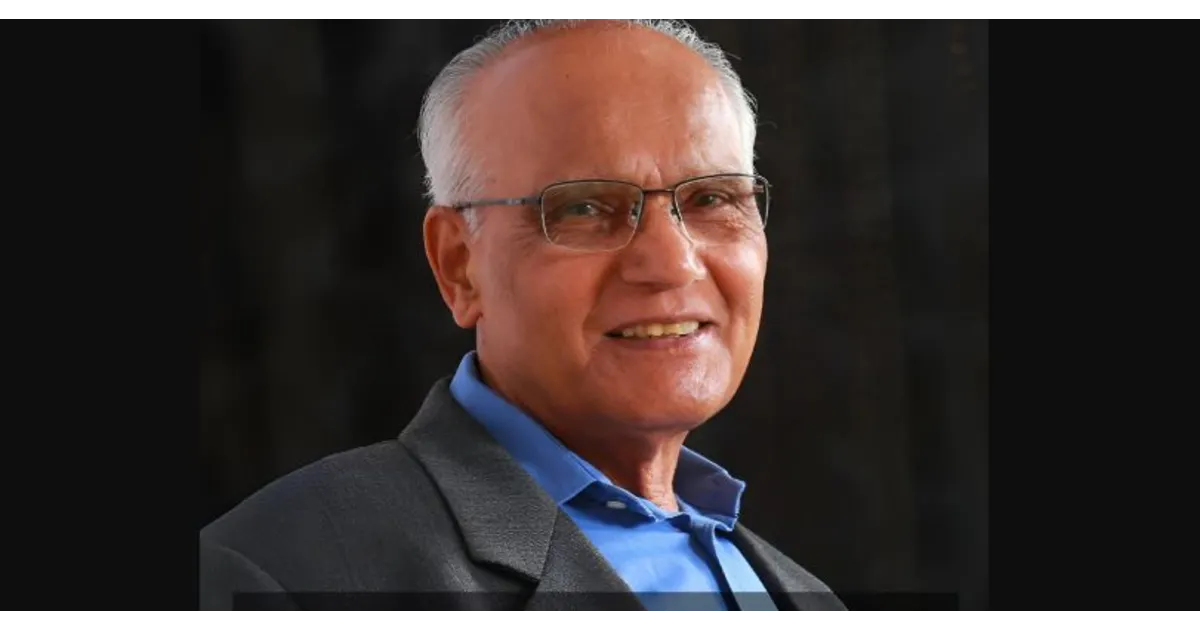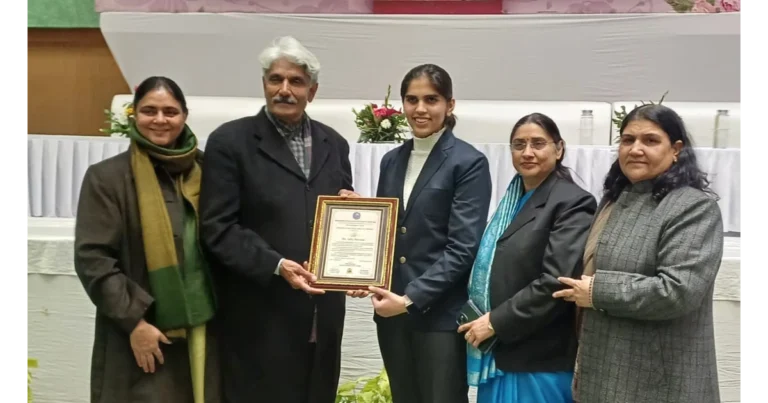
S.L. Bhyrappa: Legendary Kannada Novelist and Saraswati Samman Laureate Passes Away at 94
Renowned Kannada literary figure Dr. S.L. Bhyrappa passed away on September 24 at the age of 94, bringing to a close a prolific and often polarizing literary journey that spanned over six decades.
Final Days and Passing
S.L. Bhyrappa breathed his last at Jayadev Memorial Rashtrotthana Hospital and Research Centre in Bengaluru at 2:38 p.m. He had been undergoing treatment for age-related ailments over the past three months. According to hospital sources, the cause of death was cardiac arrest. A few months earlier, Bhyrappa had collapsed during a morning walk due to cardiac complications, prompting his transfer from Mysuru to Bengaluru for specialized care.
The public will be given an opportunity to pay their final respects on September 25, when his mortal remains will lie in state at Ravindra Kalakshetra in Bengaluru. His cremation is scheduled to take place on September 26 in Mysuru, the city that served as his home for many years.
A Lifelong Devotion to the Novel
For S.L. Bhyrappa, the novel was not merely a literary form—it was his chosen medium of truth and expression. His career began in 1958 with the publication of Bheemakaya, and over time, he authored 25 novels, concluding his literary journey with Uttarakanda in 2017. This final work offered a poignant retelling of the Ramayana through the lens of its female characters, and upon its release, Bhyrappa officially announced his retirement from writing.
Throughout his career, Bhyrappa’s works enjoyed immense commercial success. His books went through multiple reprints, and even early novels continue to sell decades after their initial publication. Translations of his work have reached readers across India and the world, making him one of the most widely translated Kannada authors.
Masterpieces and Accolades
Several of Bhyrappa’s novels are considered modern classics in Kannada literature. Parva (1979), a philosophical retelling of the Mahabharata; Vamshavriksha (1965); and Gruhabhanga (1970) remain essential reading in Indian literary circles. His 2001 novel Mandra earned him the prestigious Saraswati Samman in 2010, and he was awarded the Padma Bhushan in 2023 in recognition of his literary contributions.
Many of his novels found new life on screen, thanks to adaptations by cinematic legends like B.V. Karanth, Girish Karnad, Girish Kasaravalli, and T.N. Seetharam. These films and television adaptations became cornerstones of India’s parallel cinema movement, further cementing Bhyrappa’s place in the country’s cultural history.
Ideological Leanings and Controversies
In his later years, Bhyrappa became increasingly vocal about his ideological beliefs, aligning himself with pro-Hindutva perspectives. His 2007 novel Avarana stirred significant controversy for its critical portrayal of Muslim rulers and religious conversions, leading to heated debates in literary and political circles. His support for Prime Minister Narendra Modi and the BJP drew both admiration and criticism.
Bhyrappa’s fiction was often at odds with dominant literary movements like Navya (modernist), Bandaya (rebel), and Dalit literature. Critics from progressive schools accused his work of espousing conservative values. Yet, despite—or perhaps because of—these ideological tensions, Bhyrappa maintained a massive readership and his work continued to resonate with audiences beyond Karnataka.
A Literary Giant Whose Voice Endures
Dr. S.L. Bhyrappa’s death marks the end of an era in Kannada literature. Unyielding in his convictions, profound in his storytelling, and fiercely loyal to the art of the novel, he leaves behind a body of work that will be debated, studied, and celebrated for generations.






